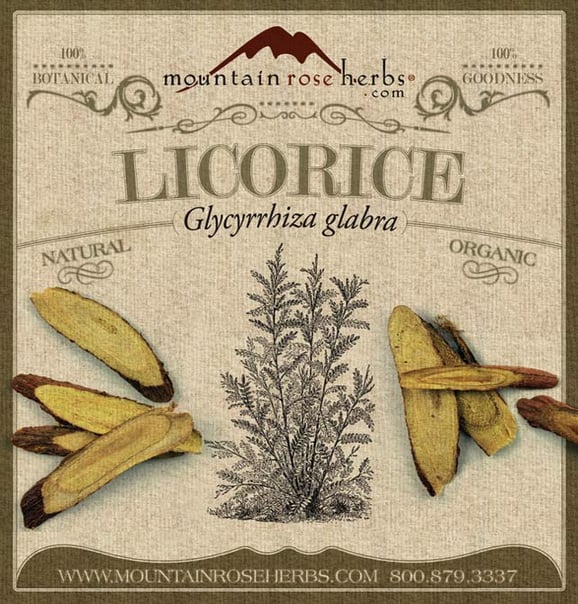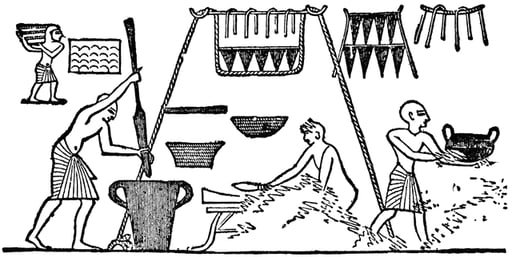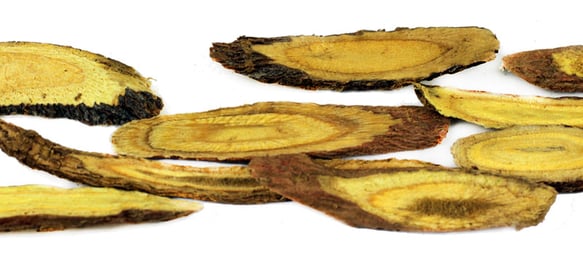Historical Roots
Native to southern Europe and parts of Asia, this much beloved “sweet root” legume is a member of the Pea Family (Fabaceae) and can be found in apothecaries across the world. Considered one of the most important medicinal herbs since ancient times, Licorice has been used throughout history as a demulcent to help soothe irritated membranes, support the immune system during viral infections, quell inflammation and allergic reactions, support normal respiratory health, remedy adrenal fatigue, and as a sweet flavoring agent.
Glycyrrhizin is the sweet tasting chemical compound in licorice that has been measured at 30 to 50 times sweeter than sucrose. This sweet constituent can also exacerbate health issues for some folks, and as always, you should do your own research and consult with a healthcare professional to decide if an herb is right for you.
Traditional Preparations
Licorice root is used as a tea or tea ingredient, tincture, lozenge, or capsule. It is also used to flavor candies, soups and savory broths, tobacco products, root beer and other soft drinks. Whole sticks and slices can be chewed and are pleasantly sweet, although some find the flavor quite cloying and prefer it only when formulated with other herbs.
Herbal Curiosities
Among precious jewels and treasures, a fortune of Licorice root was discovered in King Tutankhamun's tomb. The pharaoh requested the root so he could enjoy the popular sweet drink mai sus in the afterlife.
For educational purposes only. This information has not been evaluated by
the Food and Drug Administration. This information is not intended to diagnose,
treat, cure, or prevent any disease. Consult with a licensed healthcare
practitioner before use to discuss effects and possible interactions.













